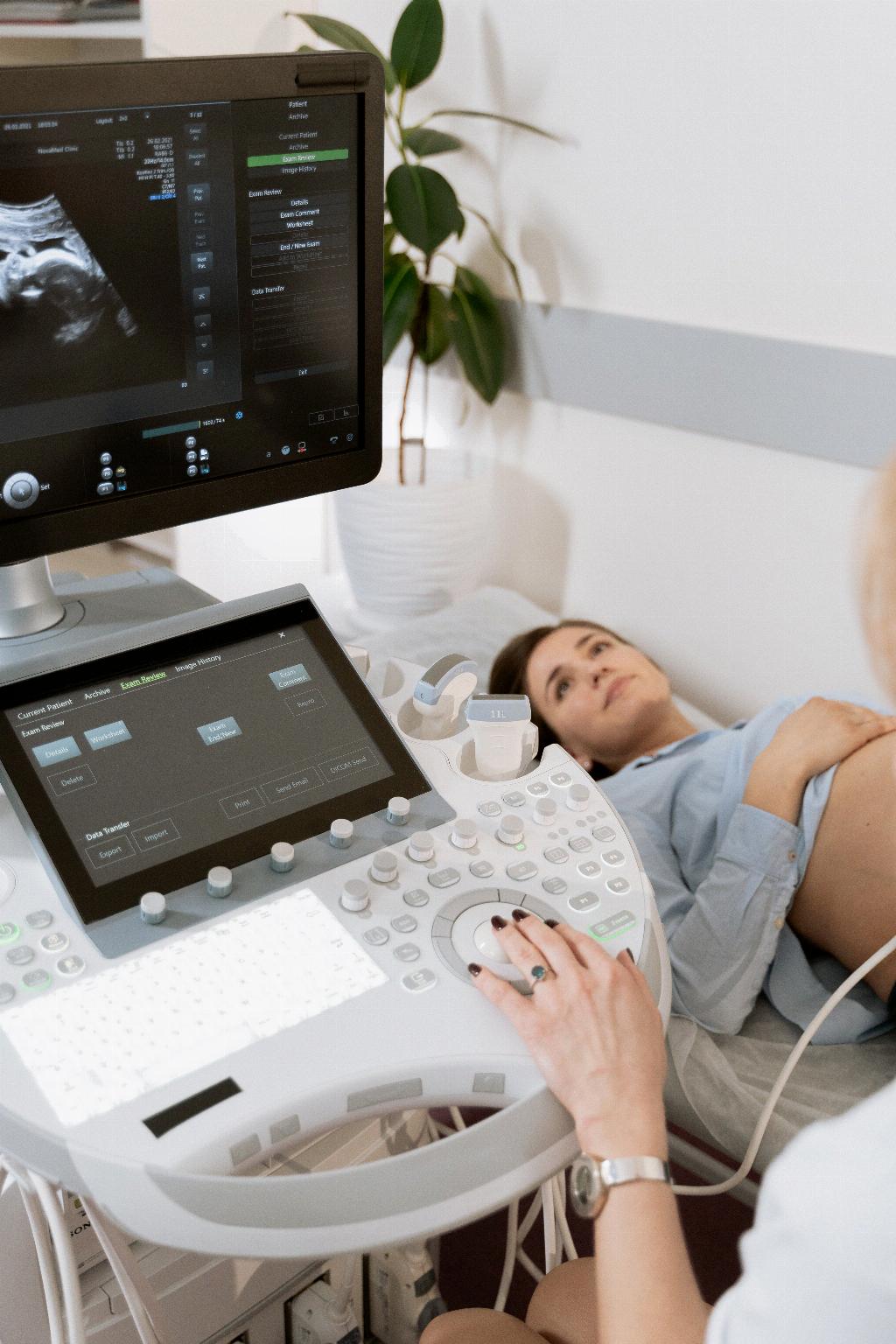When it comes to taking a pregnancy test, the excitement and anticipation can be overwhelming. However, seeing a faint line on the test can lead to confusion and uncertainty. It’s essential to understand what a faint line could mean and why it appears that way.
Factors Affecting the Line Intensity
One significant factor that can impact the line’s intensity on a pregnancy test is the concentration of hCG in your urine. If the hCG levels are low, the line may appear faint. This could be due to testing early in pregnancy when hCG levels are still increasing.
Time of Testing
The time of day you take the pregnancy test can also influence the line’s visibility. For most accurate results, it’s recommended to take the test in the morning when hCG levels tend to be more concentrated in the urine, leading to a clearer line.
Urine Dilution
If the urine used for the test is too diluted, it can affect the line’s brightness. Urine dilution can occur due to excessive fluid intake before taking the test, which may result in a faint line even if you are pregnant.
Expired Tests
Using an expired pregnancy test kit may also lead to faint lines. Expired tests may not function correctly, impacting the accuracy of the results. It’s essential to check the expiration date before using a pregnancy test.
Testing Technique
The way you conduct the test can play a role in the line intensity. Following the instructions provided with the pregnancy test is crucial to ensure accurate results. Improper testing technique may lead to faint lines or erroneous results.
Chemical Interference
Certain medications or medical conditions can interfere with hCG levels, affecting the pregnancy test results. If you are on medications or have underlying health issues, consult with a healthcare provider to understand how they can impact the test.
Early Pregnancy
During the early stages of pregnancy, hCG levels are low, which can cause the line on the test to appear faint. As the pregnancy progresses, hCG levels increase, leading to a more prominent line on the test.
Multiple Pregnancies
In cases of multiple pregnancies, such as twins or triplets, hCG levels are usually higher, resulting in darker lines on the test. However, a faint line doesn’t definitively rule out the possibility of multiple pregnancies.
Confirmation with a Doctor
If you are unsure about the results of a pregnancy test showing a faint line, it’s advisable to confirm the pregnancy with a healthcare provider. They can conduct further tests to provide a more accurate assessment of your pregnancy status.
Emotional Response
Seeing a faint line on a pregnancy test can evoke various emotions, including excitement, anxiety, or fear. It’s essential to seek support from loved ones and healthcare professionals to navigate through the emotions and uncertainties that may arise.
Patience and Follow-Up Tests
If you see a faint line on a pregnancy test, it’s recommended to wait a few days and retest. Waiting for hCG levels to increase can lead to clearer results. If the uncertainty persists, follow-up tests and consultations with a doctor can provide clarity.
Final Thoughts
Understanding the reasons behind a faint line on a pregnancy test is vital for interpreting the results accurately. From hCG levels to testing techniques, various factors can influence the line’s visibility. Being informed and seeking professional guidance can help alleviate concerns and provide clarity during this significant time.

